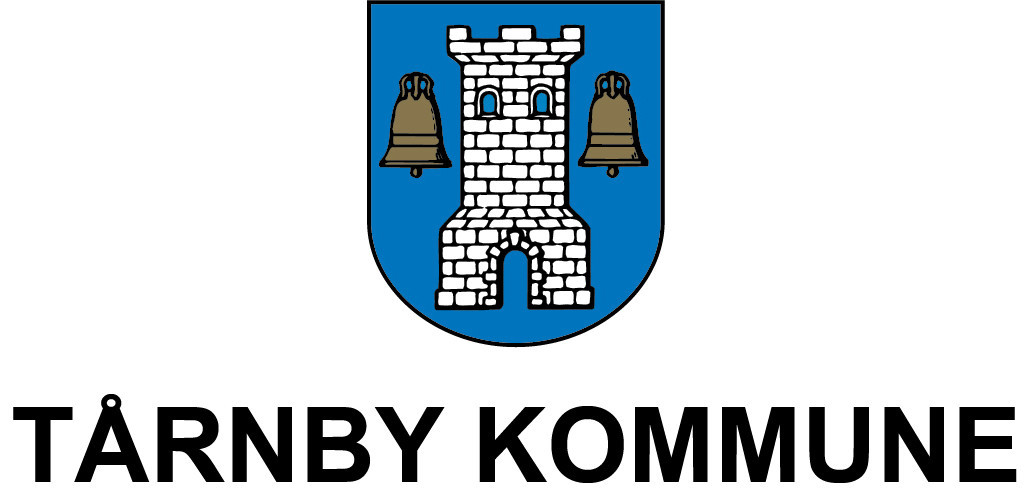Tax when working remotely if you live in Denmark and work in Sweden
If your job requires or allows you to work remotely, your tax situation can be affected. In this article you can read more about the tax rules that apply when working remotely if you are employed in Sweden, and you live in Denmark.
This information is for EU/EEA citizens only
Which rules apply if you work remotely or according to a hybrid model?
The general rule is that you pay tax in the country that you work in. But under certain conditions, your salary will be taxed in Sweden even if you occasionally work in Denmark or on temporary business trips in other countries. This is due to a special tax agreement between Denmark and Sweden, the Øresund Agreement. Sweden and Denmark signes a new Øresund Tax Agreement, which applies from 2025 onwards. The previous Øresund Tax Agreement from 2003 only coveres employees at private companies, but the new agreement covers both private and public sector employees.
If you work from home in Denmark or otherwise remotely for your Swedish employer, your salary can be taxed in Sweden if you are covered by the Øresund Agreement. This depends on whether you work for a private employer and on the distribution of days working from home/on business trips to third countries and your working days in Sweden. Public sector employees are not covered by the Øresund Agreement.
Tax when working remotely in 2024 or earlier

If you live in Denmark and commute to Sweden to work for a private company the Øresund Agreement from 2003 is applicable. The agreement means that you are taxed on your entire salary in Sweden, even if you occasionally work from home in Denmark or otherwise remotely (business trips to third countries e.g.), as long as a number of conditions are fulfilled.
To be covered by the Øresund Agreement, you must work in Sweden for at least 50 % of your working days in each 3-month period. The remaining working days can be spent working from home in Denmark or on temporary business trips. Also, you should not be working for your employer's permanent establishment in Denmark.
When you calculate a 3-month period vacation and sick days are counted as working days in Sweden. Public holidays are not counted as working days. Part os a work day in Sweden is counted as a full day in Sweden.
The 3-month periods are calculated as rolling periods that can also begin during the previous year or end during the following year. If at least half of the work days in a specific 3-month period are work days in Sweden, the salary for the entire 3-month period will be taxed in Sweden.
You can use the Danish Tax Agency's Excel-tool to see if you are covered by the Øresund Agreement during the year.
Read more about the Øresund Agreement on Skat.dk

If you live in Denmark, work fully or partly from home and are employed in the public sector in Sweden, you are not covered by the Øresund Agreement of 2003. In most cases, you are taxed in Sweden for the days you have worked in Sweden and in Denmark for the days you have worked in Denmark.
Read more about being a public sector cross-border commuter at Skat.dk
Tax when working remotely in 2025
According to the new Øresund Agreement that applies from 2025 and onwards, your salary from Sweden will only be taxed in Sweden as long as the work days in Sweden make up at least 50 % of the total number of work days during each 12-month period. You can now work anywhere in Denmark (ie not only at your home), and on temporary business trips. However, it is still a requirement that you do not work for your employer's permanent establishment in Denmark. the new Øresund Agrement applies regardless of whether you are emplyed by a private company or a public institution.
As previously, when calculating the 12-month periods, vacation and sick leave are counted as work days in the country of employment, Sweden. A partial work day in Sweden is counted as a full work day there.
The 12-month periods are calculated as rolling periods that can begin during the previous year or end during the following year. Therefore, it is necessary to keep track of your working days not only during the income yeat in question, but also the year before and the year after.
If you work less than 50 % of you working days in Sweden, or otherwise do not meet the conditions of the Øresund Agreement, you will be taxed in Sweden for the part of your salary corresponding to your work dats there, and in Denmark for the rest of your salary.
Read more about the Øresund Agreement on skat.dk
How does working from home affect your social security?
Whether you are covered by social security in your country of residence (Denmark) or the country where you are employed (Sweden) will depend on how much you work in each country. When you belong to a country's social security system, it means that you are entitled to social benefits and earn future pension in that country. It also means that your employer is obliged to pay social fees in that country.
When living in Denmark and working for a Swedish private sector employer, your social security can also affect you taxation in Denmark. If your salary has been taxed in Sweden and you belong to the Swedish social security system, you will not pay Danish tax on that income, though you must declare your foreign income in your Danish tax return.
However, if you live in Denmark and belong to the Danish social security system while working for a Swedish private sector company, your Swedish salary will also be taxed in Denmark and you will recieve tax credit for the tax you already paid in Sweden.
Read more about the tax return for foreign income on skat.dk
Read more in our article about social security
What do you need to consider in terms of tax as an Øresund commuter?
- Keep track of the number of days you work from home in Denmark, the number of days you have business trips in other countries and the number of working days in Sweden.
- If you have less than 50 % of your working days in Sweden or are otherwise not covered by the Øresund Agreement, only the proportion of your salary that corresponds to the number of active working days in Sweden shall be taxed in Sweden, the rest of the salary will be taxed in Denmark exclusively. You must correct this in your annual tax return by sending a notification of salary distribution to the Swedish and the Danish Tax Agencies.
Help with keeping track of the days you work from home
The Danish Tax Agency has a tool for 2024 to help you prepare your tax return and annual statement in 2025. The tool makes it easier for cross-border commuters who occasionally work remotely to keep track of their tax situation. You can download the file now and fill in your working days, e.g. every week. This way, you can keep track of your days and see if you're approaching the limit for the number of remote working days in the Øresund Agreement. At the same time, you'll also be ready quickly when it's time to report in May 2025. The tool is in Danish.
Download the Danish Tax Agency's help tool on Skat.dk (in Danish)
Did you find this information relevant?
Do you want to elaborate?
We can help you
You can always visit our Information Center in Malmø to get help with your questions regarding working, moving or studying in Sweden.











